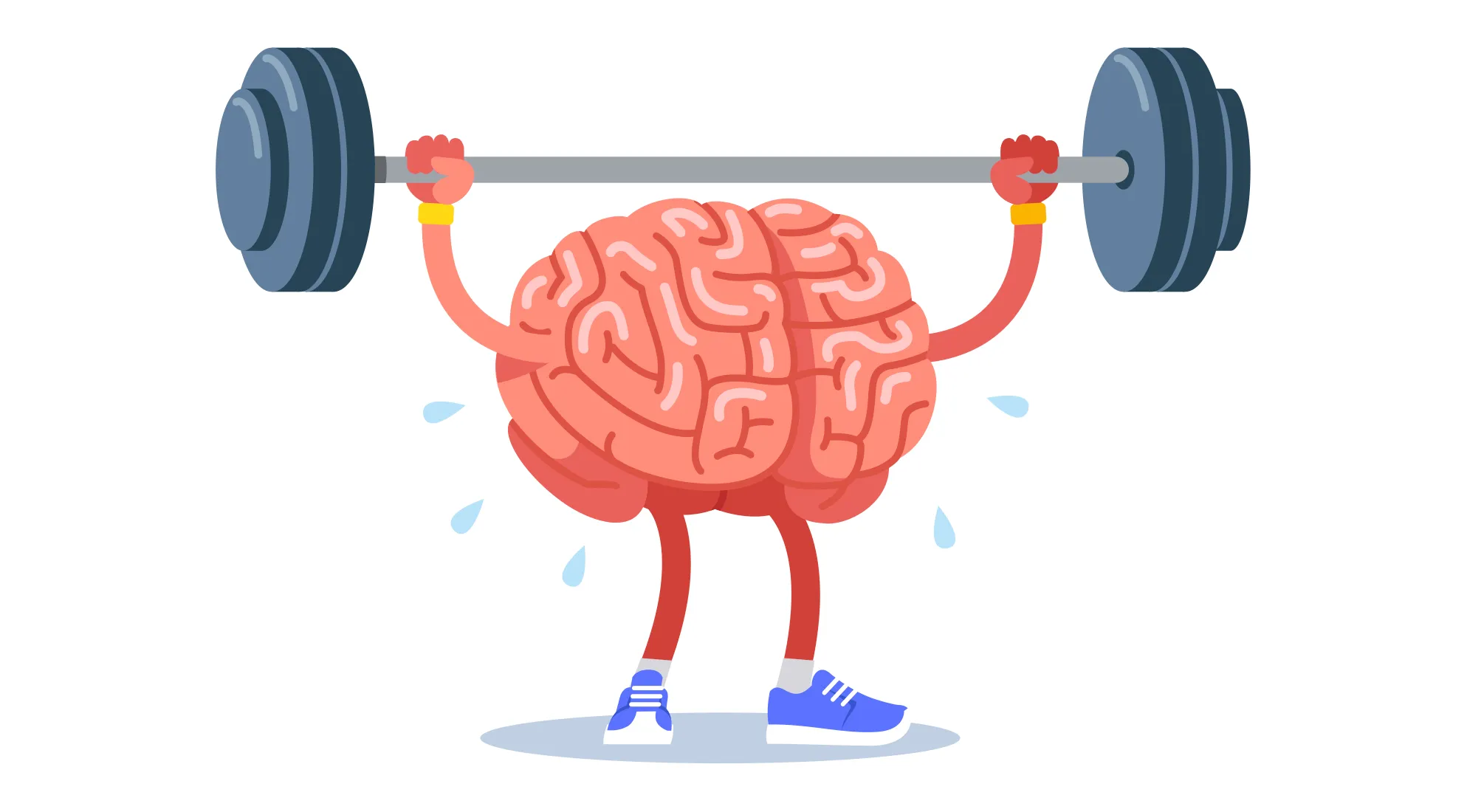The Surprising Ways Exercise Can Benefit Your Brain
Exercise is not only good for your physical health, but it can also have a profound impact on your brain. In fact, research has shown that regular exercise can improve brain function, boost memory, and reduce the risk of cognitive decline as we age. In this article, we will explore the surprising ways that exercise can benefit your brain.
1. Improves Cognitive Function
Exercise has been shown to improve cognitive function in both children and adults. Physical activity increases blood flow to the brain, which can help improve brain function and cognitive performance. Additionally, exercise stimulates the production of hormones that can enhance the growth of new brain cells, particularly in the hippocampus, which is responsible for memory and learning.
2. Reduces Stress and Anxiety
Regular exercise has been shown to reduce stress and anxiety by increasing the production of endorphins, which are the body’s natural mood lifters. Exercise can also help to reduce the levels of stress hormones, such as cortisol, in the body. This can have a calming effect on the brain, leading to improved mental well-being and reduced feelings of anxiety and depression.
3. Enhances Memory and Learning
Studies have shown that regular physical activity can improve memory and learning. Exercise can help to stimulate the growth of new brain cells and increase connections between existing cells. This can lead to improvements in cognitive function, memory, and the ability to learn new information.
4. Protects Against Cognitive Decline
Regular exercise has been shown to protect against cognitive decline as we age. Research has found that individuals who engage in regular physical activity have a lower risk of developing conditions such as dementia and Alzheimer’s disease. Exercise can help to preserve brain health and function, reducing the risk of cognitive decline in later life.
5. Improves Mood and Mental Well-being
Exercise has a powerful impact on mental well-being, with studies showing that physical activity can help to improve mood and reduce symptoms of depression. Regular exercise can also help to increase self-esteem and confidence, leading to improved mental well-being and a more positive outlook on life.
Conclusion
In conclusion, the benefits of exercise for the brain are numerous and significant. Not only does regular physical activity improve cognitive function, memory, and learning, but it can also reduce the risk of cognitive decline as we age. Additionally, exercise can have a positive impact on mental well-being, reducing stress, anxiety, and symptoms of depression. Therefore, incorporating regular exercise into your routine can have powerful and lasting benefits for your brain and overall mental health.
FAQs
1. How much exercise is needed to see the benefits for the brain?
While any amount of physical activity is beneficial for the brain, research has shown that engaging in at least 150 minutes of moderate-intensity exercise per week is recommended to see significant cognitive benefits.
2. Are certain types of exercise better for the brain than others?
While any type of physical activity can have benefits for the brain, aerobic exercise, such as running, swimming, and cycling, has been shown to have particularly powerful effects on cognitive function and brain health.
3. Can exercise help with conditions such as Alzheimer’s disease and dementia?
While exercise cannot cure or reverse these conditions, research has shown that regular physical activity can help to reduce the risk of developing these conditions and may slow the progression of symptoms in individuals who already have them.

